Many people have vowed to stop eating Parmesan cheese after discovering the surprising and controversial methods used in its production.
Recently, many people have been shocked to learn about the process of making Parmesan cheese.
This beloved cheese is often a staple in kitchens around the world, but its production involves some surprising and, for some, unsettling ingredients.
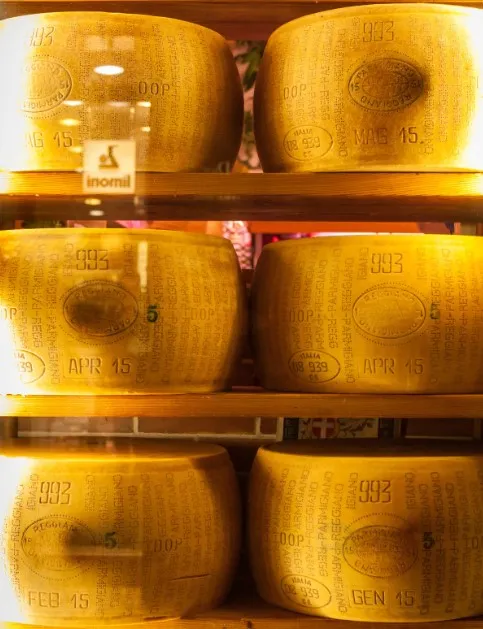
Traditional production of Parmesan Cheese ingredients and aging process
Parmesan cheese, known for its rich flavor and hard texture, is traditionally made from cow’s milk.
They age the cheese for at least 12 months to develop its distinct taste. Cheesemakers heat the milk in large copper vats.
However, one key ingredient in the cheese-making process is causing quite a stir: rennet.
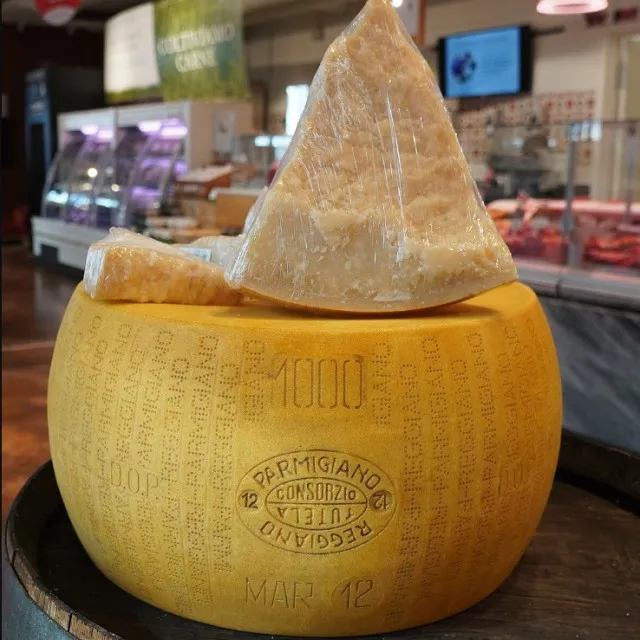
What is Rennet?
Rennet is an enzyme that helps separate milk into solids and liquids.
It is crucial for forming the curds that will eventually become cheese.
What many people do not realize is that traditional rennet is derived from the stomachs of unweaned calves.
This means Parmesan production can involve baby cow stomach juices, making some consumers uneasy.
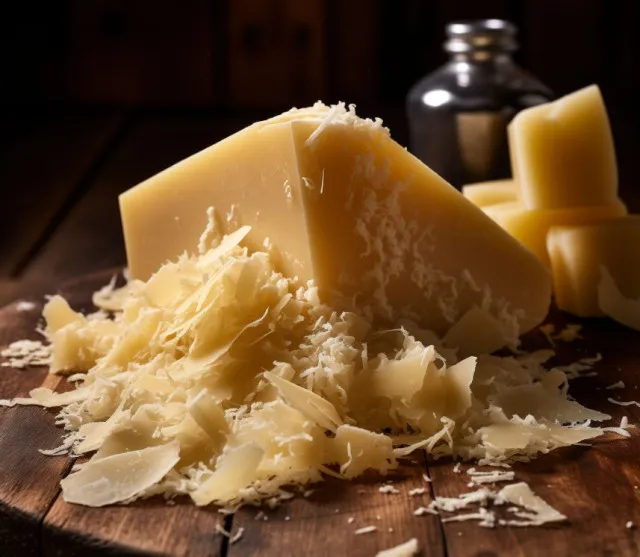
When calves are very young, they consume only milk. Their stomachs contain a high concentration of an enzyme called chymosin, which is effective for curdling milk.
As calves grow and eat solid food, they decrease chymosin production and replace it with other digestive enzymes.
This is why cheesemakers prefer to use rennet from young calves for cheese production.
“For cheesemaking, rennet helps to form firm curds and is crucial in finding the right texture for your cheese,” the Cheesemaker explains.
“Where some recipes will use acid or an acid-producing bacteria to do this, cheesemakers use rennet to better cultivate the final flavor profile of their cheese.”
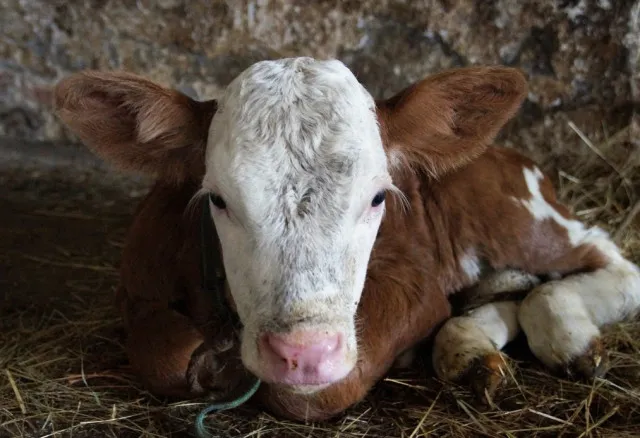
People vow to never eat Parmesan Cheese after learning how it’s actually made
The revelation about rennet has caused many people to reconsider their cheese choices.
Online reactions have ranged from surprise to disgust.
Some individuals have expressed strong feelings about this ingredient, with comments like, “I can’t eat cheese if it comes from baby cows.”
This has led several people to think about switching to a vegan diet or seeking out alternatives that do not use animal products.
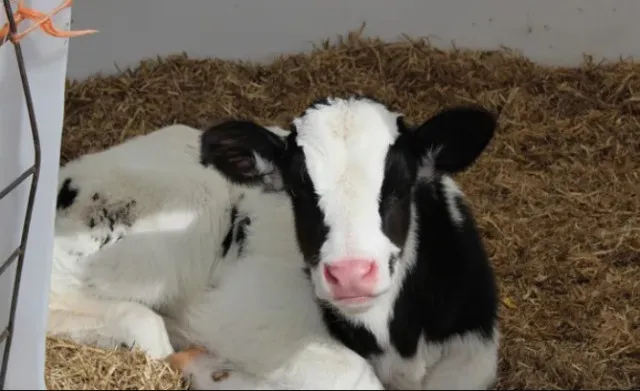
Today years old when I found out Parmesan cheese is made from baby cow’s stomach & I could go cry, one user wrote.
I’m just gonna have to go full vegan at this point, the second user added.
Parmesan, like many cheeses, is not vegetarian, because of the kind of rennet used.
It is shocking how many cheesemongers don’t know which of their cheeses are suitable for vegetarians and which ones aren’t, but Parmesan definitely isn’t, the third user explained.
I consider that efficient using all parts of the animal …wasting nothing, another wrote.
That is what all real cheese is made with. Not exclusive to parmesan, someone said.
Alternatives to traditional rennet for vegetarian cheese options
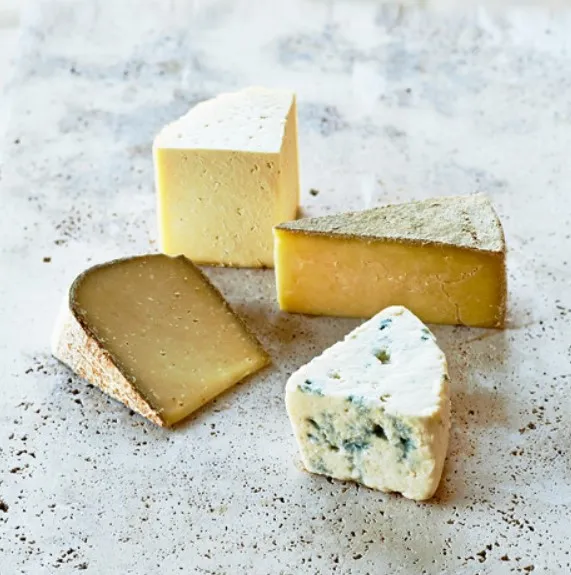
Fortunately, there are options available for those who wish to avoid traditional rennet.
Some cheesemakers now produce cheese using vegetable rennet or microbial rennet.
These alternatives are made from plants or fungi and can be used to create cheese without any animal-derived ingredients.
However, not all cheeses labeled as vegetarian use these alternatives, so consumers need to check labels or ask about the ingredients when dining out.